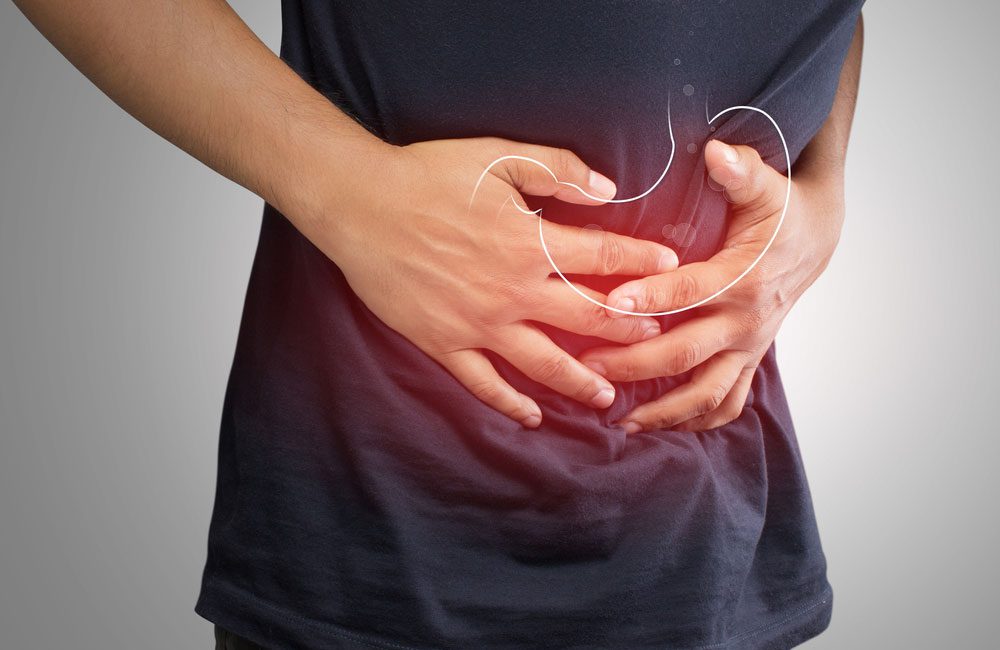BETAINE HCL AND DIGESTIVE ISSUES
We need to be answered the question ‘’Are we what we eat’’?
The truth is that ‘’We are what we eat and what we absorb’’.
The digestive system is one of the most important systems in the body.
You cannot absorb nutrients that are vigorous for health if this essential part of your digestive system is:
- destroyed by antacids
- you were born with a tendency to low stomach acid
- if your stomach has been damaged by junk food, alcohol, tobacco, stress and drugs
Betaine HCL increases the level of hydrochloric acid in the stomach necessary for proper digestion and assimilation of nutrients from food.
Normal levels of hydrochloric acid are required for complete digestion of proteins and absorption of amino acids.
It’s also required for the extraction of vitamin B12 from our food.
Betaine HCL helps to restore the proper acid levels in the stomach and maintain healthy gastrointestinal function.
Hypochlorhydria (Low Stomach Acid)
Hypochlorhydria, also referred to as low stomach acidity is a serious medical condition that is often undiagnosed or is misdiagnosed as Hyperchlorhydria (excessive stomach acid).
Because this condition is often undiagnosed, or the symptoms are assumed to be caused by a different issue, the actual number of people who are affected by Hypochlorhydria is unknown.
Many reports on the prevalence of low stomach acid estimate that about 30% of adults under the age of 40 are suffering from this condition with that number rising to over 75% among adults aged 70 and over.
Many natural medicine physicians estimate that the likehood of having Hypochlorhydria roughly matches one’s chronological age:
- 50 -year olds have a 50% chance of having the condition
- 60% of 60-year olds and so on.
There are two main consequence of low stomach acid:
- You become protein malnourished. When your stomach acid is low, you are not able to digest protein.
- You become mineral deficient. As your blood becomes more acidic, it will look for minerals from anywhere in your body, in order to get your blood to its more ideal alkaline state.
- Acidic blood robs your body of minerals, even taking minerals from your bones (which is important to know if you want to prevent osteoporosis).
Remember if your stomach is not producing enough stomach acids then in its attempt to digest concentrated protein, it will keep the food in the stomach for much longer periods than normal.
The symptoms of low stomach acid are:
- Bloating, belching and flatulence immediately after meals
- Heartburn
- Undigested food in stools
- Acne
- Rectal itching
- Indigestion, diarrhoea or constipation
- Multiple food allergies
- Iron deficiency
- Adrenal fatigue
- Dry skin
- Various autoimmune disease
What are the ways of increasing stomach acid?
Reduce or eliminate sugar
You need to replace mineral- depleting sugar and sweeteners with stevia.
Add fermented foods and drinks to your diet
Fermented foods and drinks keep you looking and feeling healthy from the inside out.
Some examples of fermented foods and drinks are cultured vegetables and coconut kefir.
Eliminate processed foods
As you eat a healthier diet, you will find your digestion improving.
You may notice that you experience heartburn relief, less indigestion and improved energy.
Supplementation of Betaine with HCL acid
Low stomach acid can result in undigested food and bacterial overgrowth in the small intestine.
Supplementation with BETAINE HCL will increase and normalize stomach acid production, aid digestion, and improve nutrient absorption.
Note: Do not take Betaine HCL or other hydrochloric acid supplements if you are taking any kind of pharmaceutical or over the counter anti-inflammatory drugs such as aspirin, anti-inflammatories or cortisone as this may aggravate and inflame the lining of the stomach.



